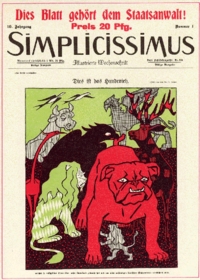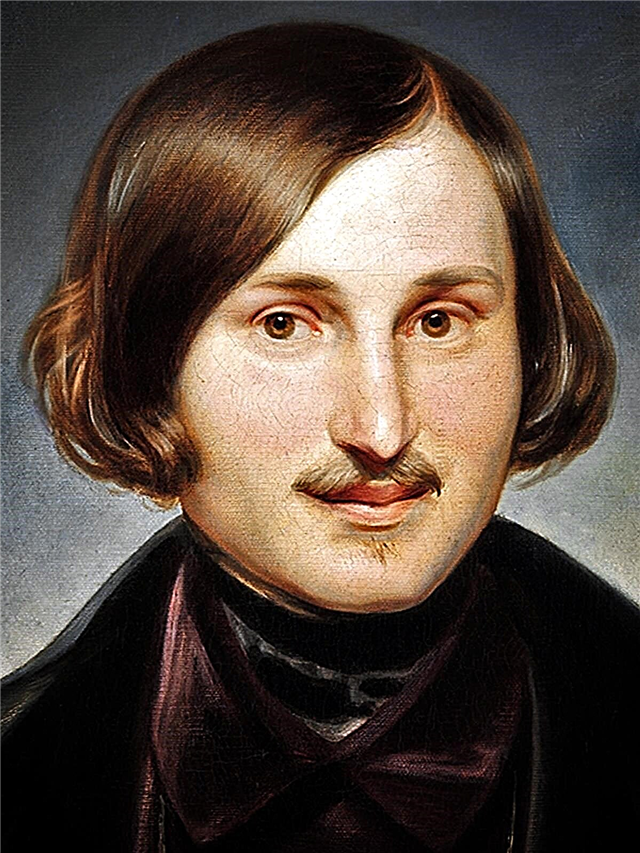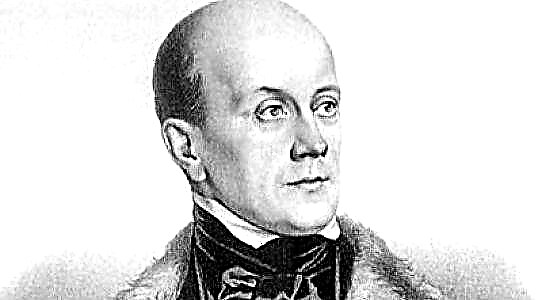The story of the writer A. P Chekhov “Lady with a Dog” was written in 1898. He is one of the writer's most striking works, showing the relationship between two people who are filled with fear of public condemnation. Such books have contributed well to the emancipation of society: they have helped humanity realize how hypocritical the hypocrisy fetters it.
History of creation
Chekhov planned the first edition of the story in August in the city of Kislovodsk with a different name. Starting from 1897, he collected notes for the story, and already in 1899 the work was published in the Russian Thought magazine. It is also known that the writer wrote the book “Lady with a Dog” after a long silence, a creative lull, so the audience accepted the return of the idol very favorably.
The story was created in Yalta in 1898. After a trip to this city and meeting with his love, the writer decided to compose a story about two adults between whom there is attachment to each other, but she was not destined to develop for a number of psychological reasons.
Genre and direction
The genre is a story, however, some critics claim that “Lady with a Dog” is a story. Nevertheless, the main characteristics of this work indicate that it is made in the genre of the story. The plot is based on one line, there are few heroes, and there are fewer dynamic actors. In addition, the volume for the story is small.
The direction is realism. The book describes everyday situations without shades of fiction. The action involves ordinary people with typical characters, their way of life is just as naturalistic, and the problems they face are common issues that are difficult to solve from our lives.
Essence
Heroes from different cities and yet they once meet. He is married, but not faithful to his wife, she is married, but does not feel the fullness of happiness in marriage. After several days of communication, the lady’s worldview changes, there is a desire to change her life and become happier, but she has her own BUT. But the hero understands that this meeting is another resort romance that bothers him to death, but he is forced to pretend and play the role of a passionate lover because it is so customary. Using this work, one can understand the psychology of mature people: what are people guided by in such situations? Dmitry is afraid to destroy his family, but at the same time unfaithful to his wife and is looking for love adventures on the side. And these same adventures bother him, burden him. The hero is worried about the reputation in society, because it is unlikely to take his action well. The woman is afraid to leave her husband in obscurity, where she will find the shame and stigma of the “unfaithful wife”. However, she decides to take a desperate step - a betrayal, in which she is also disappointed, because her ideal turned out to be an ordinary scabbard in search of cheap pleasure.
The essence of the work is a description of the relationship of two lovers, their thoughts and calculations, feelings and behavior in people. In the bonds of family life, they are constrained by the fear of public condemnation, and in minute self-deception they also find no joy. In the finale, their passion defeats disappointment: Dmitry and Anna are separated forever.
The main characters and their characteristics
- Dmitry Gurovalready elderly, from Moscow. He is a philologist working in a bank, resting in Yalta. In Moscow, he left his wife, whom he is unfaithful, with three children. In his type there is something attractive: intelligence, humor, courtesy, innovative thinking. But Gurov does not take ladies for full-fledged people. A fleeting love meeting with them is a man’s addiction. Despite success in amorous affairs, the author shows him as an unfortunate person: he does not work by vocation, lives with an unloved woman, yearns for the arms of casual acquaintances. From the relation it is clear that he makes his family unhappy, leaving them alone in another city. Treason for the hero is a normal situation. There is a feeling that he never experienced true mutual love.
- Anna Dideritz from St. Petersburg, but lives with her husband in the city of S .. She is not interested in the life of her husband, does not feel happiness in her life, not knowing love and spiritual harmony. At the same time, Anna advocates morality and does not recognize adultery, considering it a sin. Relations with Gurov are a burden to her, but there are still feelings for him, so the meetings continue. She takes them seriously, apparently the woman fell in love with her seducer, so separation is very difficult for her. She can be called a conscientious, honest, sensitive and deeply unhappy heroine. Neither marriage nor passion did not bring her the desired relationship of soul with another person.
Topic
The subject of the story revolves around love relationships. The author raises the topic of fidelity and betrayal, describing Gurov’s adventures on the side. It is so typical that one can imagine how many such adventurers are scouring for easy prey. A hero is a hunter who sees game in women. He denies them equality with himself, but in fact, behind a neglect of them hides revenge on fate and people. That is why he is cheating on his wife. He takes revenge on her for the need to support her and the children, neglecting what she loves. Based on this, we can conclude that the author also touches on the topic of vocation, its role in our life's journey.
Another thing is the betrayal of Anna. In her act, the author highlighted the theme of love, coveted and criminal passion. The woman was seriously carried away by Gurov, took their romance seriously. For her, this affair is a fatal step, a betrayal of herself and her principles. But she fell in love and was ready to sacrifice everything, and for her illegibility paid with disappointment. By her example, Chekhov shows that a person must, first of all, remain faithful to himself, otherwise he risks being deceived, and very cruelly.
Interestingly, the author also reflected on faith in God. His heroine appeals to religious concepts, explaining her attitude to infidelity. She believes in the sanctity of marriage, but Gurov no longer believes in anything, so even the achieved goal in the form of intimacy with Anna does not bring him pleasure.
Thus, A.P. Chekhov raised very important topics in his work:
- true and false love;
- loyalty and betrayal;
- family relationships;
- truth and lie;
- sincerity and hypocrisy;
- devotion to yourself and your ideals;
- faith and unbelief.
Problem
- Happiness problem. Both people were unhappy and resigned to this. In Yalta, the main characters felt freedom, believed in the possibility of a happy life, but in vain: prosperity cannot be built on deceit and hypocrisy. The vulgarity of their connection dooms feelings to fading.
- The problem of hypocrisy. Both heroes daily deceive the spouses, surrounding themselves too. In the end, they were forced to lie to each other, obeying the conditions of the game. Lies take people captive and make them build up illusory castles in their entire life.
- The problem of hypocrisy. Anna and Dmitry could have dissolved annoying marriages if society had not been so hostile to the open manifestation of the will of the individual. It calmly refers to hypocrisy, but true love is outlawed.
- The problem of sexism and immorality. Gurov treats ladies with contempt, therefore he does not see a problem in his behavior. He blatantly harms his wife, confuses the true other women, seducing them with vulgar and unnecessary communication. It is because of disrespect for the weaker sex that he allows himself immoral acts.
Meaning
Chekhov helps to identify the cause of the misfortune of many people - this inability and fear to make their dreams come true. If the hero had initially gone to work by vocation, if he had chosen a more suitable spouse, even if he had remained single, without deceiving anyone and not encouraging in vain, he would live honestly, openly, happily. And so he only dreams in reality, achieving what he himself does not need, and even disgusting. The heroine is also unable to communicate with her husband and start life from scratch. It is easier for them to entangle themselves from head to toe with lies and enjoy brief and illusory moments, reminiscent of happiness from afar. This is the reason for their disappointment. This is the main idea of the story.
The conclusion is simple: you need to live honestly, first of all, to be honest with yourself. You must be able to admit to yourself that the easy road is not always the right way, and it can lead to a dead end. Better is the bitter truth than a sweet but senseless self-deception. This is the main idea - a simple but practical truth that people need.
Criticism
The writer Maxim Gorky turned to Chekhov with the question: “What are you doing?”
You seem to be killing realism. You, like no one else, can write about such things, so simply, with such ease. Your stories overshadow everything else. The other seems rude, "artificial." Your little pieces are inspired by life. The reader will always catch this part of life. (A.M. Gorky, January 1900)
Albov Veniamin Pavlovich (b. 1871), teacher (author of articles), commented on Chekhov's work:
Such a “hackneyed love theme” in your work sounds original in a new way, including deception, lies, betrayal. Its meaning is clear. (V. Albov, 1903)
R. I. Sementkovsky believed that the main character should not be called a good person with his life principles. He makes unhappy the most important people of his life - children. Entertainment, short-term connections, make his miserable nature higher in his eyes. Chekhov depicted his being as a shallow, vulgar and senseless vanity.

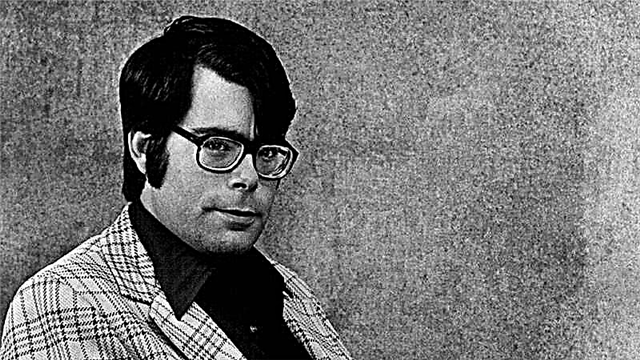

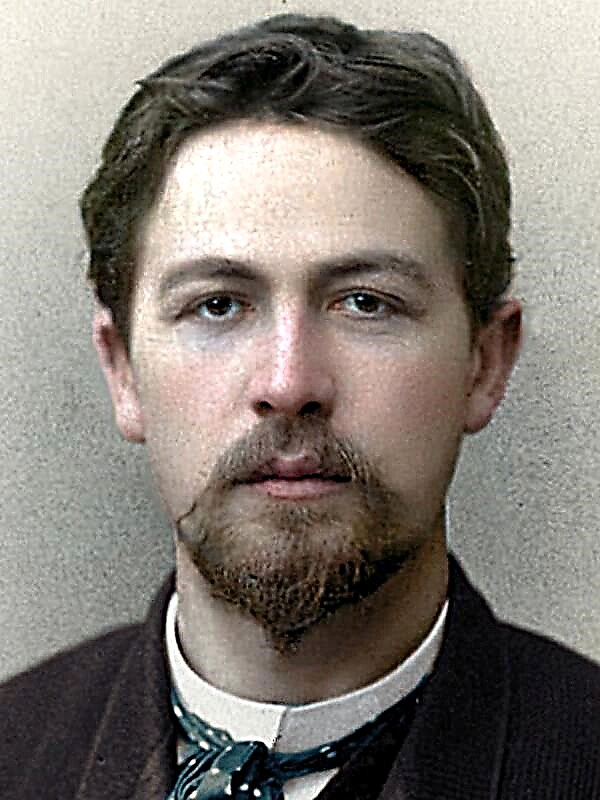

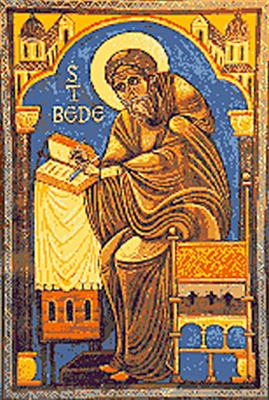

 Family antiquary
Family antiquary